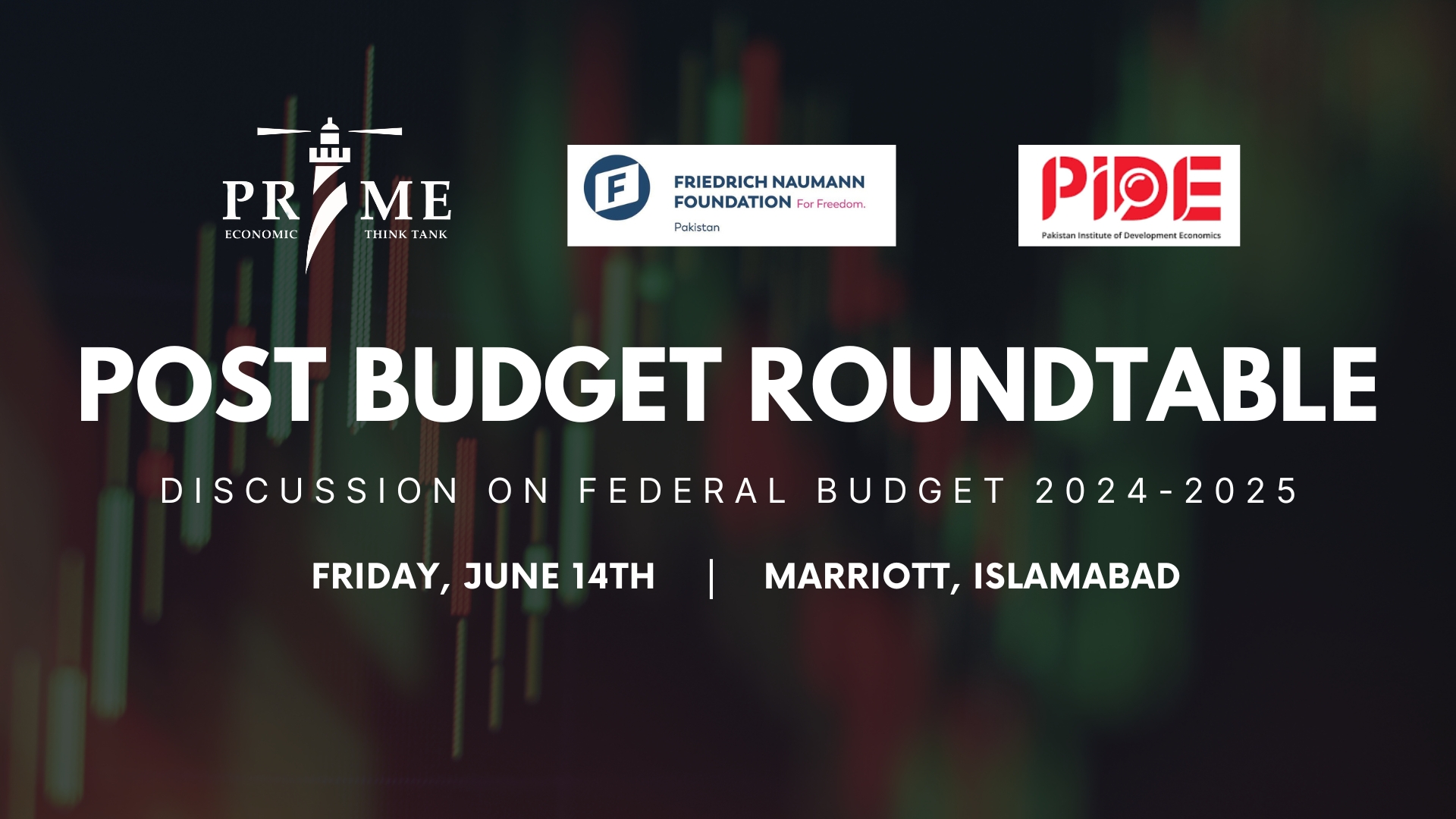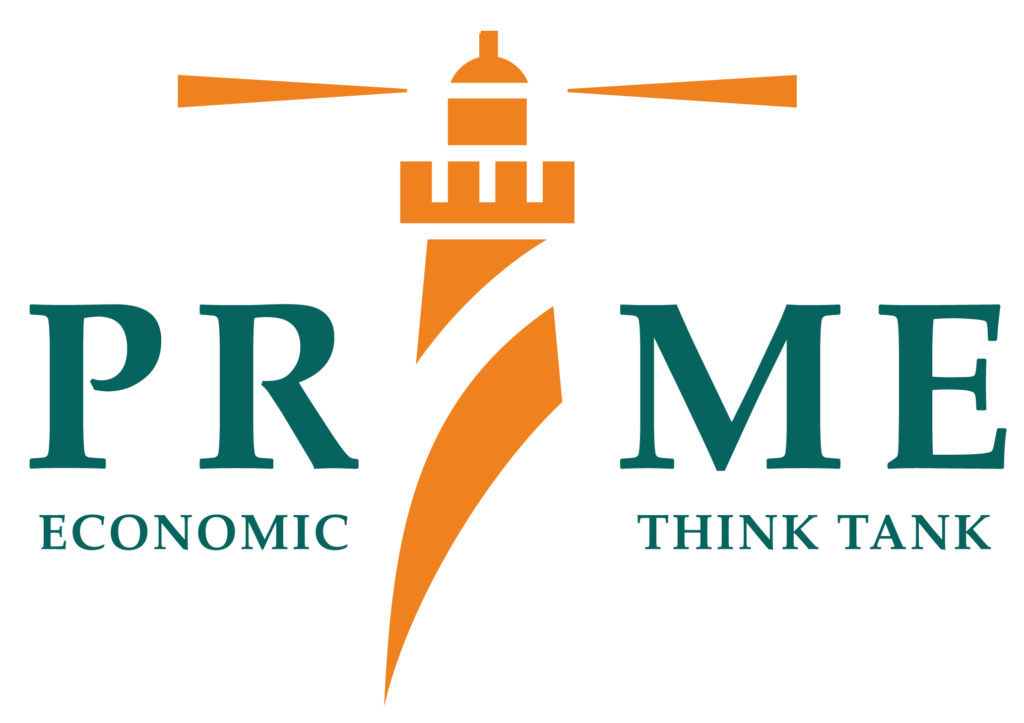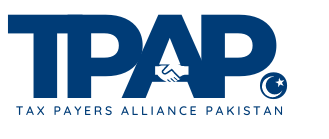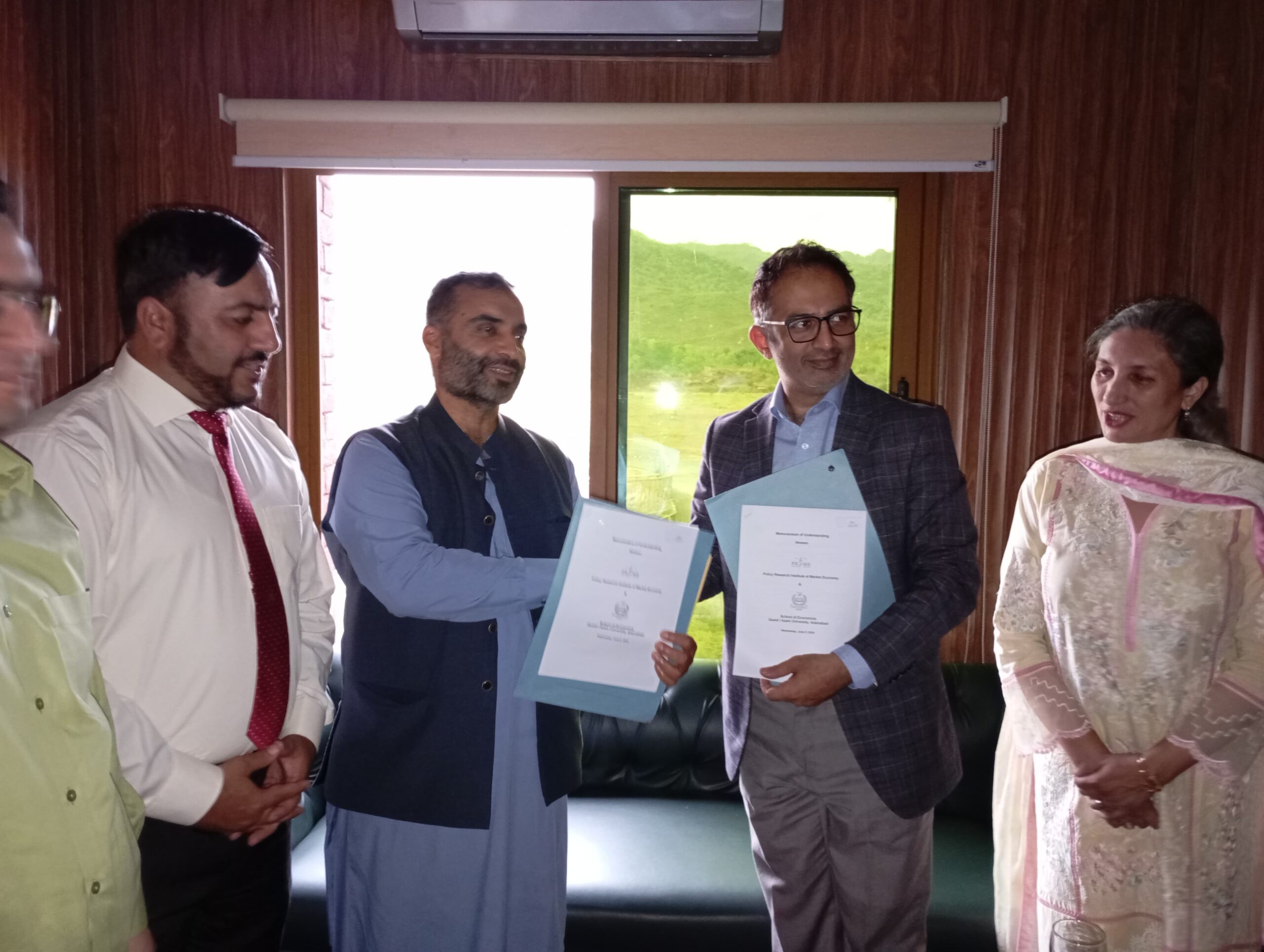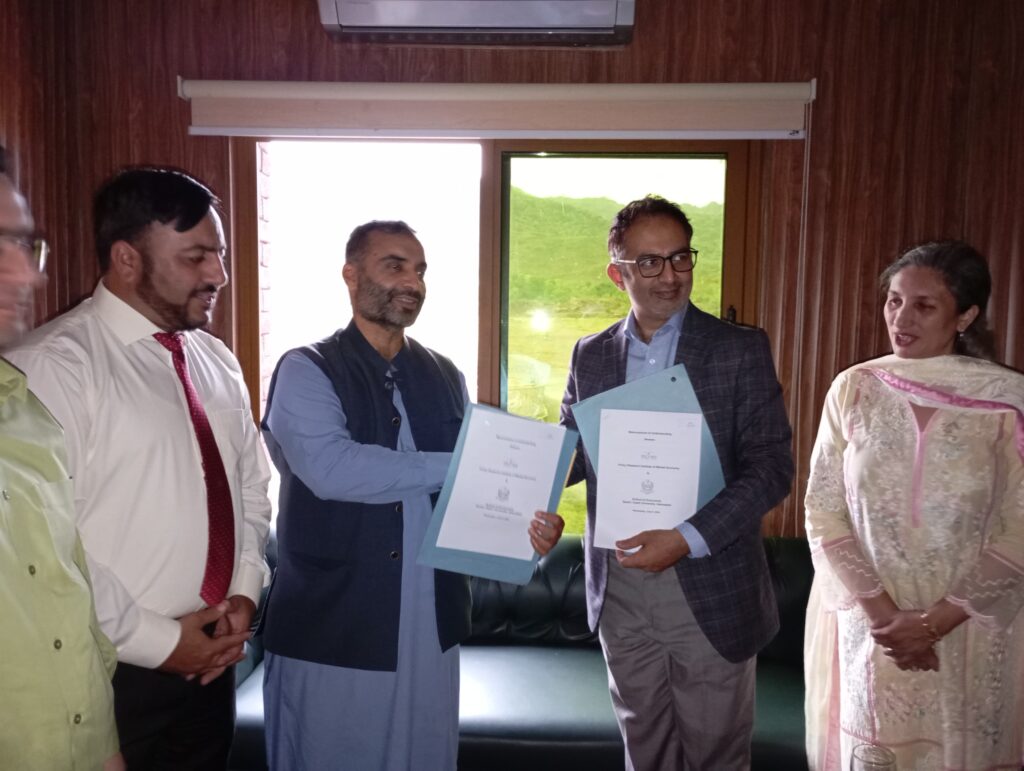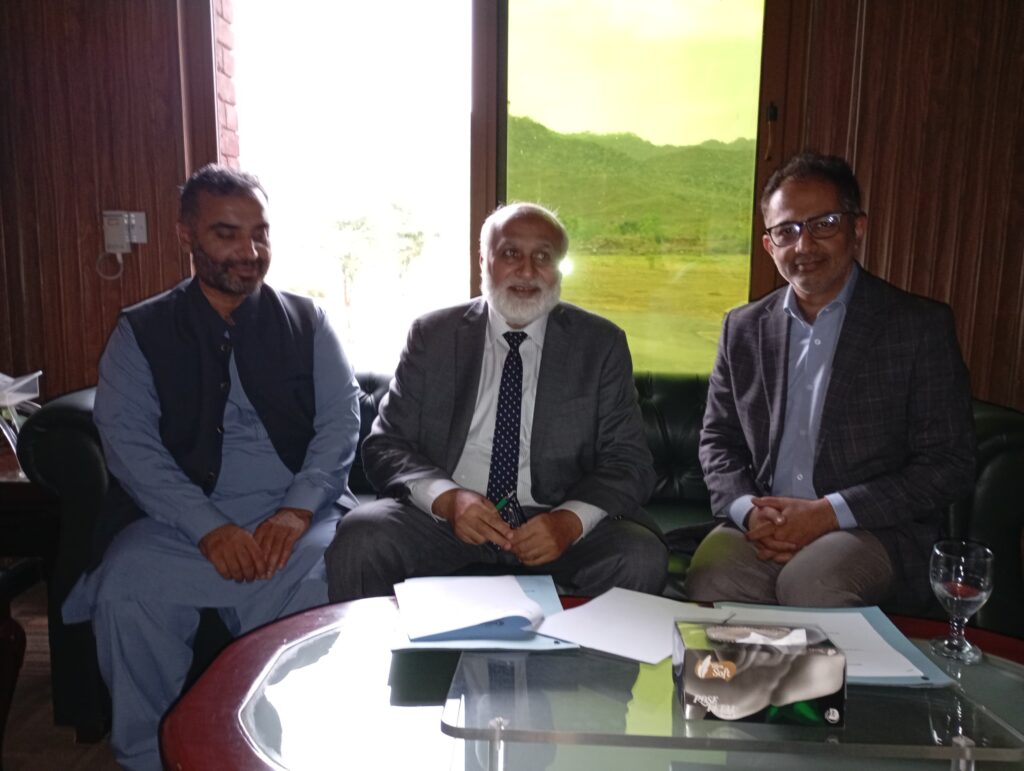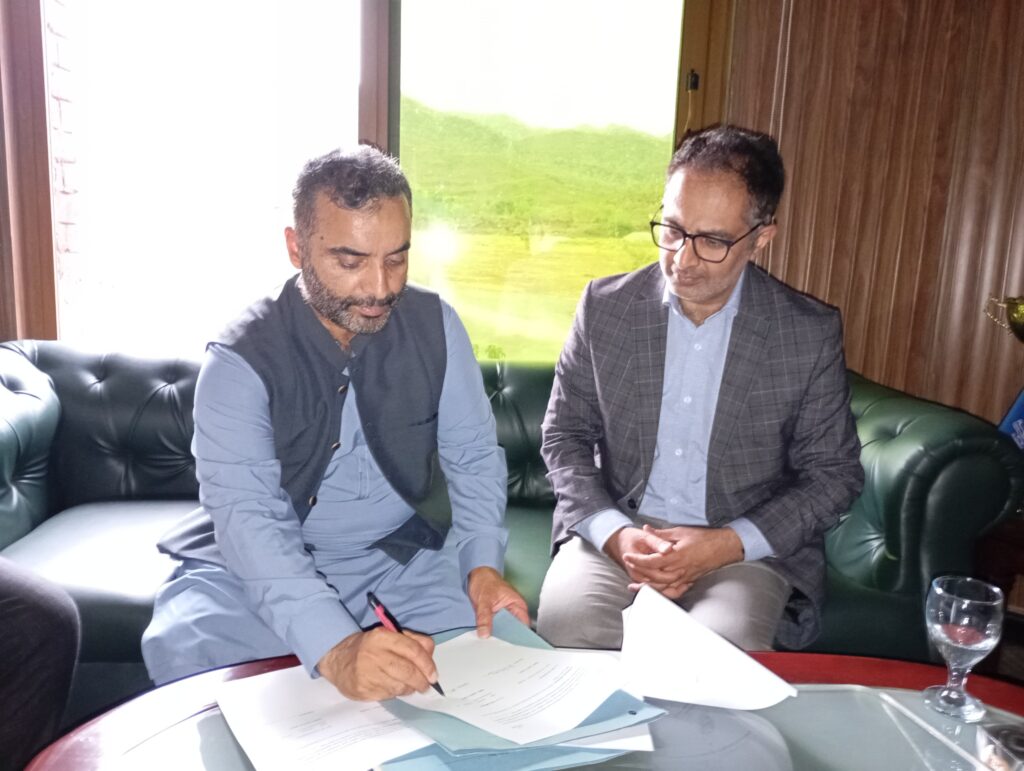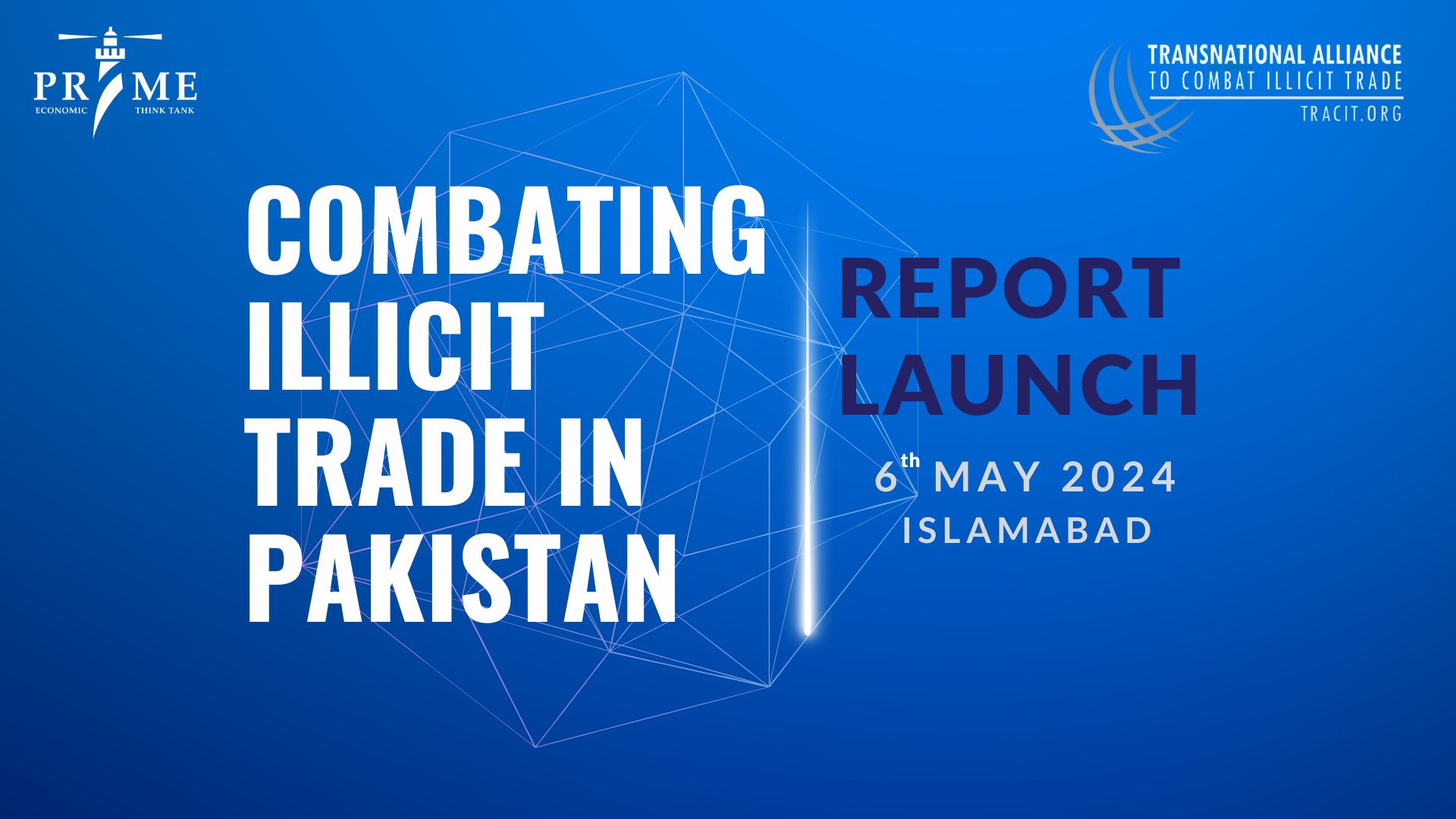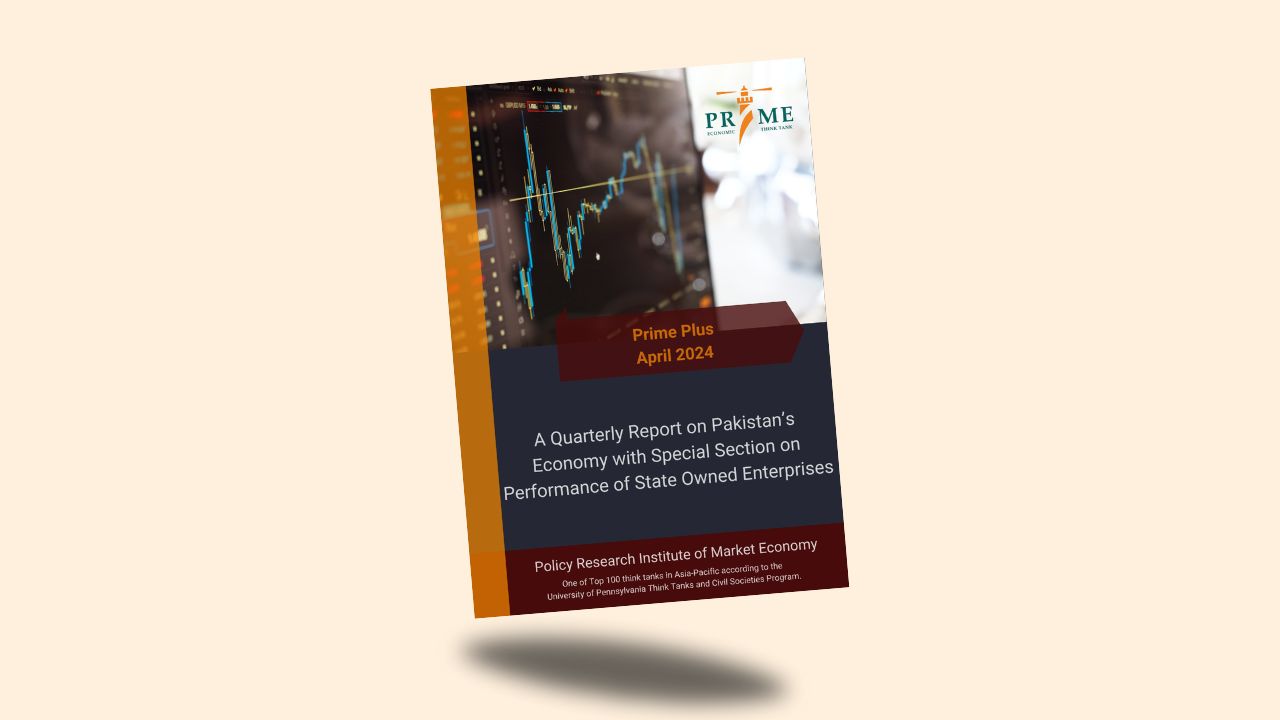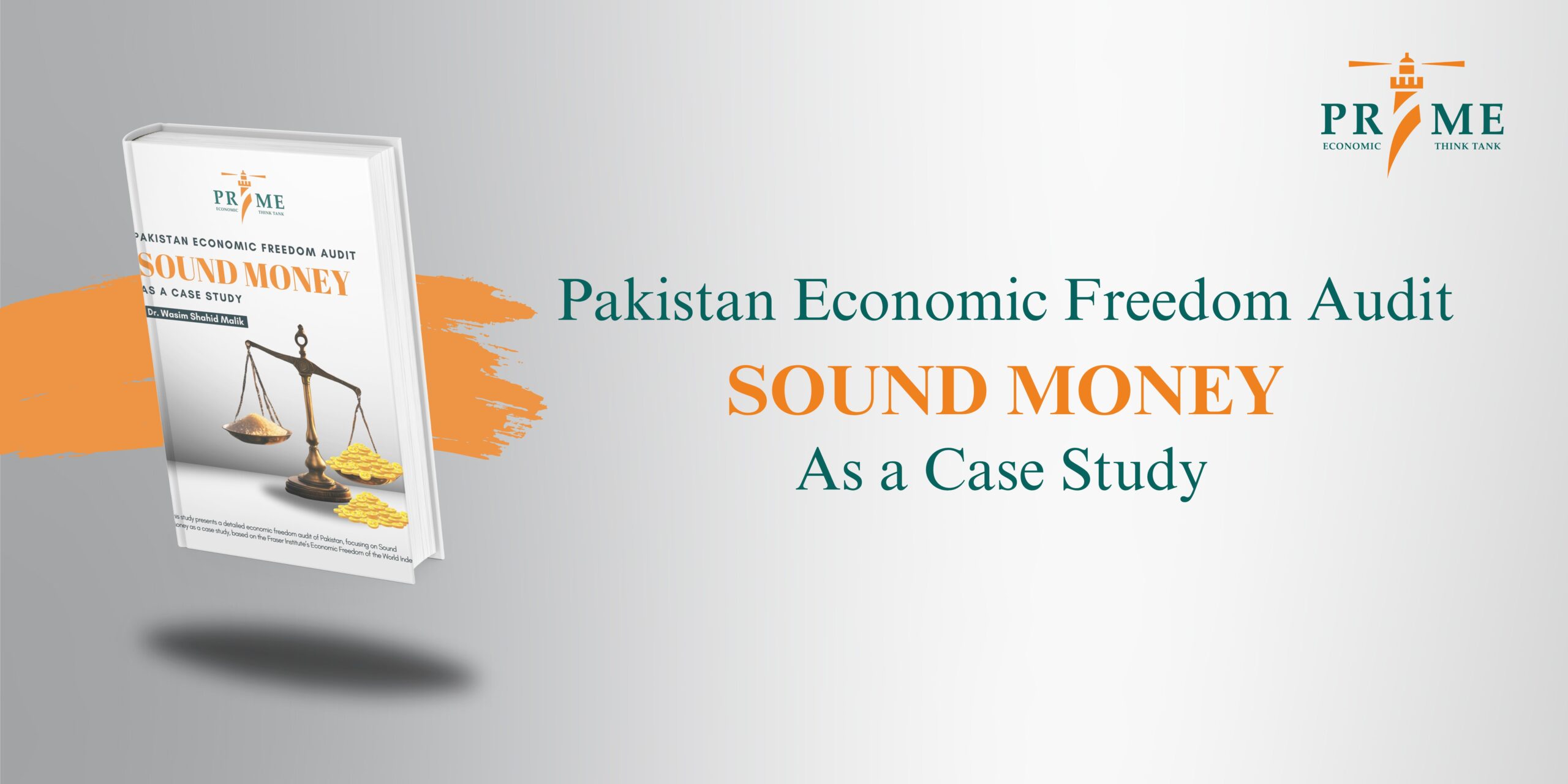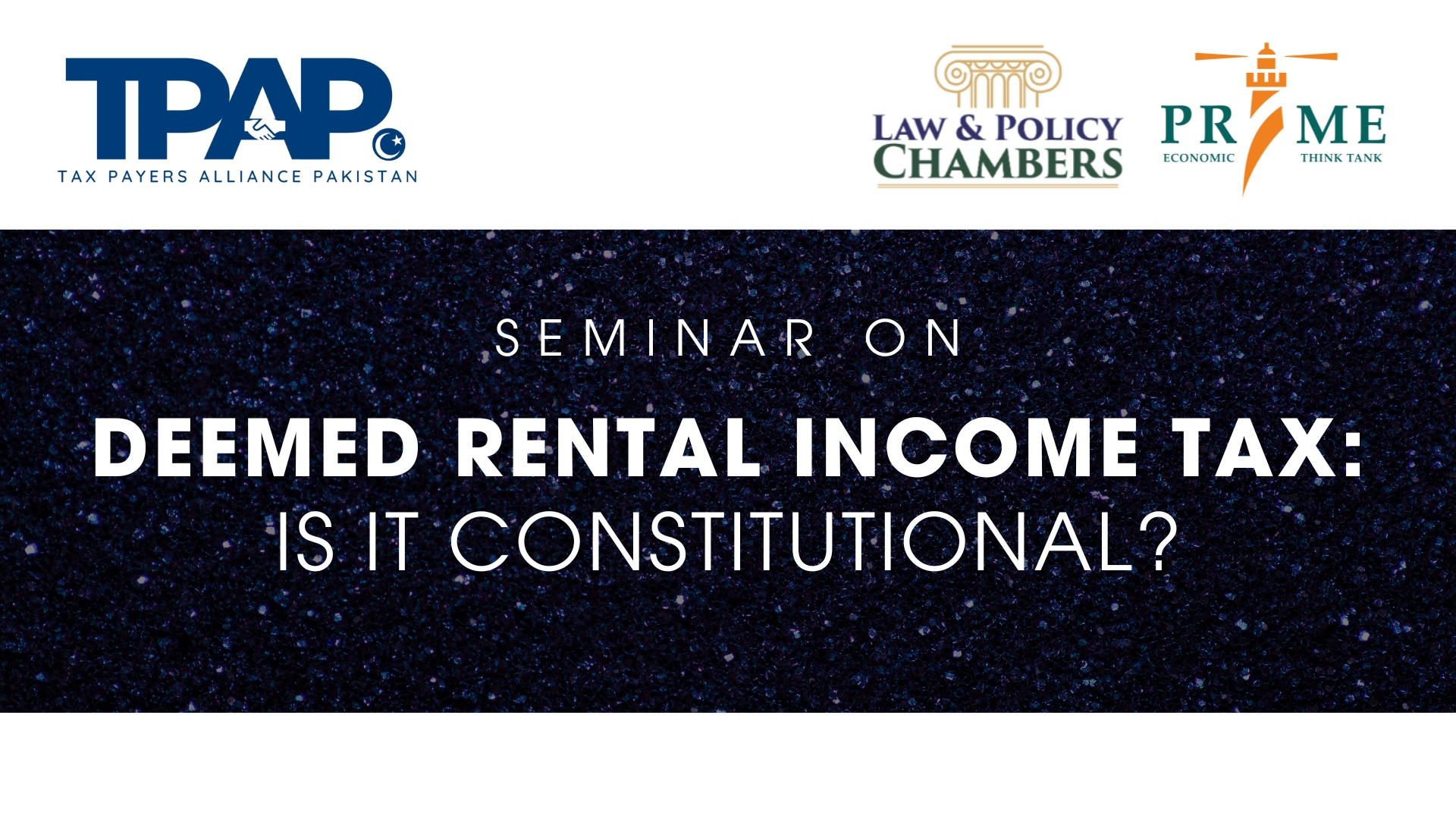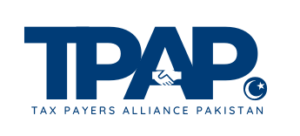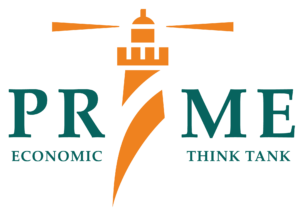
![]()
Joint Press Release
The Tax Laws (Amendment) Ordinance, 2025: Concerns Regarding Due Process, Judicial Oversight, and Taxpayer Rights
Islamabad, 7th May 2025—Tax Payers Alliance Pakistan (TPAP) and the Policy Research Institute of Market Economy (PRIME) jointly express serious concerns over the recently issued Tax Laws (Amendment) Ordinance, 2025. Both organizations believe that certain provisions within the Ordinance could potentially affect fundamental legal safeguards and principles that are essential for a fair and transparent tax system.
The Ordinance, which amends Sections 138 and 140 of the Income Tax Ordinance, 2001 (XLIX of 2001), has prompted considerable discussion among legal experts, tax professionals, businesses, and civil society. While its stated goal is to expedite tax collection and improve enforcement, stakeholders are concerned that it may have implications for taxpayer rights and procedural due process.
Key Amendments of the Ordinance:
- Section 138(3A): Allows for immediate enforcement of tax liability where the issue has been decided by a High Court or the Supreme Court, regardless of contrary rulings, timelines, or procedural norms.
- Section 140(6A): Enables swift recovery actions under similar conditions, potentially limiting a taxpayer’s opportunity to contest or seek relief.
Raja Amer Iqbal, Chairman TPAP, notes that “these amendments will further marginalize existing taxpayers and discourage potential taxpayers from entering the tax base. Such policies may yield short-term revenue gains but will have negative ramifications on economic growth, exacerbate the parallel economy, and stifle private sector investment, including local and foreign. Ultimately, this could lead to increased unemployment among the youth,” He further mentions that, “a balanced approach is crucial to fostering a conducive business environment and sustainable economic development.”
Legal and Constitutional Considerations:
These provisions grant the Federal Board of Revenue (FBR) expanded authority to enforce recoveries even when a taxpayer may be seeking appellate review or pursuing legal remedies. This raises constitutional and legal concerns, particularly regarding the right to a fair hearing and due process.
In the landmark case of Elahi Cotton Mills Ltd. v. Federation of Pakistan (PLD 1997 SC 582), the Supreme Court emphasized the necessity of due process in tax recovery proceedings, underscoring that taxpayers must be afforded a fair opportunity to contest assessments before enforcement actions are initiated.
Several legal professionals have noted that the Ordinance appears to override established judicial precedents and procedural safeguards. The principle that individuals should have the opportunity to be heard before enforcement action is taken is a cornerstone of administrative justice. Curtailing this right may impact public confidence in tax administration and the authority of the judiciary.
Risk of Disproportionate Enforcement:
Empowering tax authorities to recover liabilities immediately, even in the presence of ongoing legal challenges, may increase the risk of overzealous enforcement. There is concern that such discretion, without adequate checks and balances, could result in unintended consequences, particularly for compliant taxpayers facing disputed assessments.
Over 108,000 tax cases are currently pending in various courts across Pakistan, involving approximately Rs4.457 trillion in revenue. This backlog indicates systemic challenges in tax dispute resolution and underscores the need for balanced enforcement rather than expedited action without recourse.
Impact on Economic Climate:
Predictability and fairness in tax administration are crucial for fostering business confidence. Sudden enforcement actions, especially near fiscal year-end, may be perceived as efforts to meet revenue targets without adequate taxpayer facilitation. Such perceptions could discourage investment and create uncertainty among both domestic and international investors.
The International Monetary Fund (IMF) has highlighted that Pakistan’s narrow tax base and challenges in tax administration contribute to economic vulnerabilities. In its recent assessment, the IMF noted that strengthening governance and ensuring fair tax practices are crucial for fostering a conducive investment climate.
Stakeholder Perspectives:
TPAP and PRIME, along with allied organizations, have emphasized the need for balancing revenue imperatives with constitutional protections and judicial oversight. Legal experts have also raised caution against legislation that could appear to diminish the judiciary’s role in adjudicating tax matters. A well-functioning taxation system should encourage voluntary compliance through transparency and fairness.
The Federation of Pakistan Chambers of Commerce and Industry (FPCCI) has expressed concerns over abrupt tax enforcement measures, stating that such actions can undermine business confidence and deter investment. The FPCCI advocates for a balanced approach that ensures compliance while safeguarding taxpayer rights.
International Comparisons:
The Organisation for Economic Co-operation and Development (OECD) recommends that tax administrations adopt transparent and fair procedures, ensuring that taxpayers have the right to appeal and that enforcement actions are proportionate. These best practices aim to build trust in the tax system and encourage voluntary compliance.
Call for Reassessment:
Under the many reforms suggested by commissions and donor reports, an element of certainty and transparency was highlighted. Moreover, any change in the tax code, with the exception of Finance bill/budgets, was discouraged. Despite FBR being in the process of formulating budgetary proposals, sudden enforcement of major changes in compliance laws does not only jeopardize the fair and transparent fiscal process but also increases uncertainty about tax laws.
Businesses are already overburdened with predatory tax practices such as business-choking WHT tax regimes, excessive documentation, higher import stage taxes, while refunds and rebates, which should be swift and automated, are stuck and delayed beyond their normal timeframe. Such abrupt measures would only increase distrust on the government and increase informality in the economy and retard growth.
In view of these concerns, TPAP and PRIME jointly urge the government to:
- Ensure taxpayers retain the right to be heard before enforcement actions.
- Align enforcement mechanisms with due process and judicial safeguards.
- Maintain the independence and authority of the judiciary in tax-related matters.
- Foster a collaborative approach that supports long-term tax compliance.
The government has previously stated its commitment to promoting business and streamlining refund processes, as noted in the Revenue Division Yearbook 2023–24. In this context, the Ordinance’s timing and scope may appear inconsistent with those stated objectives.
Effective tax administration must balance the need for timely revenue collection with the obligation to uphold taxpayer rights and legal safeguards. TPAP and PRIME encourage an inclusive dialogue involving policymakers, legal experts, and civil society to ensure that any future amendments support both fiscal responsibility and constitutional integrity.
About TPAP:
Tax Payers Alliance Pakistan (TPAP) is a citizen-led initiative advocating for a simplified and equitable tax regime. Hosted by PRIME Institute, it aims to foster constructive engagement with public policy and promote responsible taxation practices.

